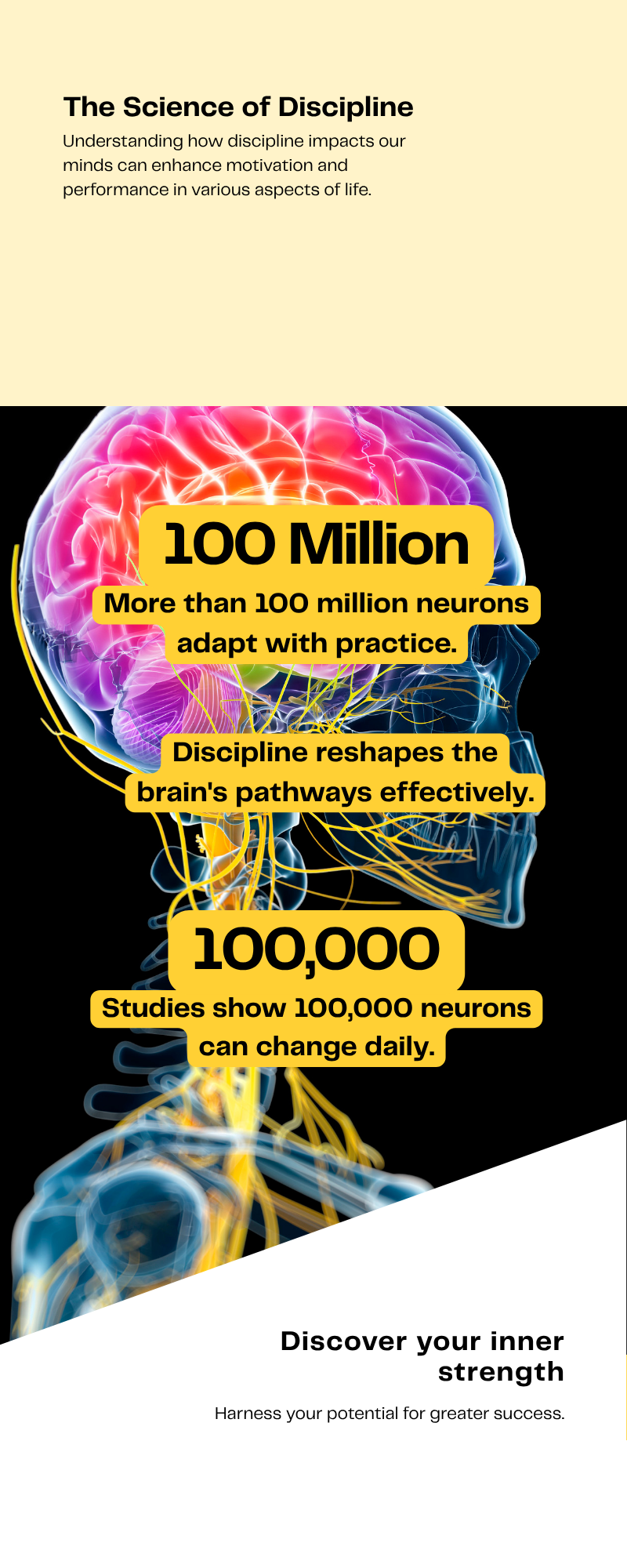Mind Discipline: The Engine of Human Transcendence
Mind discipline is not merely a desirable trait—it is the cornerstone of conscious evolution. In a world saturated with fleeting distractions and short-lived motivations, those who cultivate discipline find themselves at the helm of their own becoming. Discipline, in its truest form, is not about suppression—it is about alignment. It is the force through which dreams are materialized and potential is crystallized into lived experience.
Before I understood this, I moved through life with noble visions but no traction. My confidence wavered under the weight of unrealized goals. I hadn’t yet trained my inner instrument, the mind, to sustain the focus required to turn intention into momentum. I lacked what every true mindset coach must eventually master: internal coherence between desire and discipline.
So how did the shift happen?
It didn’t come from brute effort. It wasn’t the kind of discipline that wears the mask of pain and resistance. It was a more refined discipline—one that emerged from awareness. It was what I now call Mind Discipline.
You see, we can discipline our external behaviors, build routines, set alarms, and structure our environments. But if the mind is not aligned with the necessity of the task, resistance multiplies and joy is diluted. Mainstream motivation tells us to “do what we don’t like until we like it.” That’s one path—but it often becomes a war against the self.
I believe discipline is fueled by desire. Desire is the internal compass that guides effort. If hunger is real enough, the body will find a way to eat. The same principle applies to long-term goals. Short-term desires are manageable because the mind can easily connect action with reward. But when the reward is distant, abstract, or uncertain, desire begins to flicker.
This is where Mind Discipline steps in—and where the insight of a seasoned mindset coach becomes invaluable.
The mind is a meaning-seeking instrument. It is built to pursue purpose and detect relevance. If the mind perceives a goal as unnecessary to its survival, it will deprioritize it. Lethargy, procrastination, and doubt are not flaws of character—they are indicators of meaning misalignment.
To activate mind discipline, the mind must be convinced: “This is essential. This is survival.”
And how do we do that?
You need a why. Not just any why—but a dual-purpose one. Your why must transcend the self while simultaneously fueling the self. It must be large enough to anchor you in meaning and personal enough to stir your inner fire. If it is only self-serving, it triggers short-term survival instincts and impatient decisions. If it only serves others, you risk burnout and emotional detachment.
But when your why is tied to something greater than you, and simultaneously rooted in something you love and are skilled at, your mind sharpens. It focuses. Frustration becomes manageable. The path becomes meaningful, not just tolerable.
This is the level of introspective architecture a mindset coach helps you build—not by force, but by unlocking alignment. And here lies the subtle genius of mind discipline: it turns each delay into a deepening, every challenge into a chance for refinement. When truly activated, discipline ceases to be a burden. It becomes a presence. A current flowing through the psyche with quiet intensity.
Every obstacle becomes a signal to reinforce your focus, not dissolve it. Every lapse is a mirror, not a failure. And every time you return to your why, it returns to you tenfold.
So, the next time you feel resistance, don’t fight your mind—convince it. Clarify your why. Infuse it with emotion, urgency, and meaning. Anchor it in your capabilities and in something larger than your own needs. Once your mind believes your mission is essential, it will calibrate everything toward it.
Mind Discipline isn’t just a concept—it’s a conscious frequency. And for anyone aspiring to become their own mindset coach, or offer that clarity to others, this frequency is foundational.


